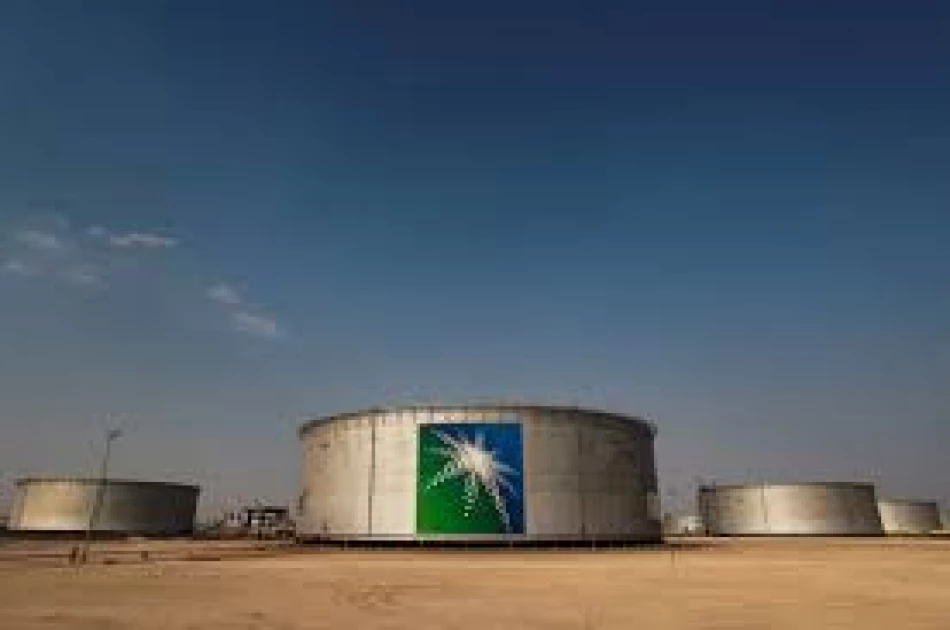State signs credit oil supply deal with Arab suppliers to ease dollar pressure and lower pump prices

A view shows branded oil tanks at Saudi Aramco oil facility in Abqaiq, Saudi Arabia October 12, 2019. REUTERS/Maxim Shemetov
The government-to-government (G to G) deal will see Saudi Aramco, the world’s biggest oil company, advance diesel and Dual-Purpose Kerosene (DPK) twice a month with the payment falling due six months after the deliveries.
Kenya hopes to relieve the dollar pressure by delaying the payments for petroleum products under the deal that will also see Emirates National Oil Company Group (ENOC) supply three cargoes of petrol every month.
“We are trying to address the dollar scarcity and stem the runaway spread between the interbank rate and the market exchange rate. Holding six months of dollar expenditure that the oil marketers would have had to pay out will help ease pressure on the other sectors of the economy as well,” Energy and Petroleum Cabinet secretary Davies Chirchir said.
Petroleum imports account for up to 30 per cent of Kenya’s annual import bill. The sector needs close to Ksh.64 billion ($500 million) every month to import diesel, petrol and kerosene and meet the country’s growing demand for the products.
Foreign currency fluctuation is a significant factor in the landed cost of petroleum products for which Kenya is a net importer.
Saudi Aramco and ENOC had agreed with the Kenyan government on six months deferred Letter of Credit, a huge business hit that would be difficult for private companies to absorb.
Mr Chirchir says the relief achieved by the reduced dollar pressure will be passed down to the consumers at the pump prices in the pricing cycle beginning April 2023.
The local oil marketers who were staring at supply shocks since they were required to source for US dollars to pay for the petroleum products will also be relieved since they will pay for the products in Kenya Shillings.
State-owned oil marketer National Oil Corporation (NOC) had been fronted to be the major beneficiary in the G-to-G arrangement but is said to have been elbowed out due to its financial woes.
The debt-saddled parastatal was expected to get a 30 per cent exclusive window to import petroleum products but is said to have grown unattractive for the international oil suppliers who preferred to deal with private OMCs instead.
“We will engage National Oil in the cheaper cooking gas plan and in the upstream sectors which is part of its mandate,” Mr Chirchir said in response to concerns that NOC had been edged out of the deal.
Want to send us a story? SMS to 25170 or WhatsApp 0743570000 or Submit on Citizen Digital or email wananchi@royalmedia.co.ke
Comments
No comments yet.


Leave a Comment